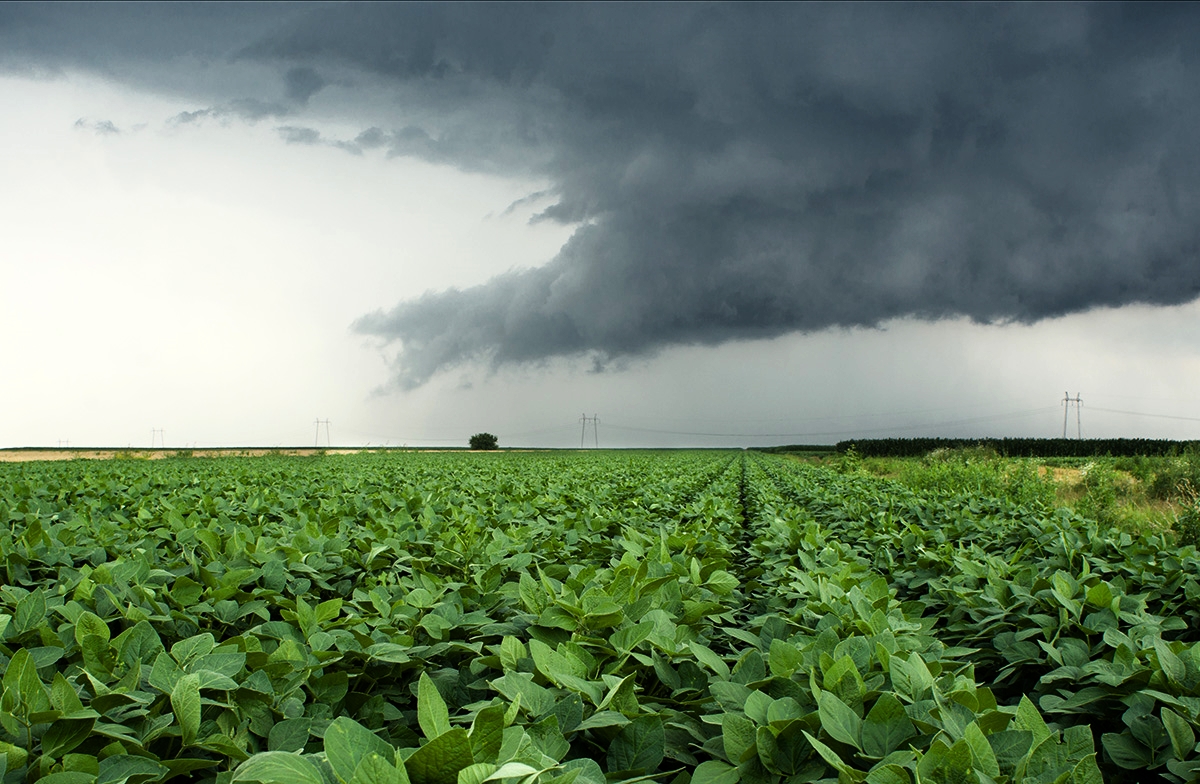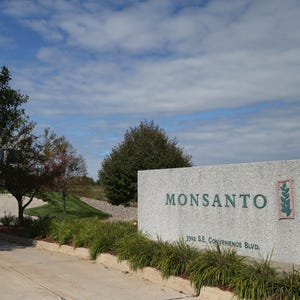Spate of agriculture mergers worry farmers, lawmakers
Christopher Doering
“If these mergers are completed, the seed and chemical sector would be left with just four major players — including one owned by the Chinese government. Dow-DuPont, Bayer-Monsanto and ChemChina-Syngenta alone would command 80 percent of U.S. corn seed sales and 70 percent of the global pesticide market.”
WASHINGTON — Farm groups and lawmakers are skeptical that seed and chemical giants attempting to merge will follow through on their promises to spur innovation and boost profitability for producers in rural America.
Executives from DuPont, Monsanto and Syngenta — each of which is merging with another company — touted their business combinations Tuesday in testimony to the Senate Judiciary Committee as good for innovation, competition and farmers. Republicans and Democrats alike on the panel were skeptical.
“When does the size of companies and concentration in the market reach the tipping point, so much that a market becomes anti-competitive?” said Sen. Chuck Grassley, chairman of the Senate Judiciary Committee. “To me, it looks like this consolidation wave has become a tsunami.”
“It’s absolutely crucial that competition is preserved in this important sector of our economy. And in Iowa, my constituents — including farmers, company employees and regular consumers — are interested in hearing how these mergers will impact price, choice and jobs,” he said.
The mergers are occurring during a downturn in the agriculture industry as companies look for ways to cut costs and boost productivity.
Roger Johnson, president of the National Farmers Union, urged Congress to do more to clamp down on consolidation, especially when it results in a sector being dominated by a few firms.
“The damaging consolidation is occurring at a time when farmers are struggling with depressed profitability,” he said. “Clearly, the nation’s antitrust enforcement has failed farmers and consumers.”
ChemChina and Syngenta — along with DuPont, parent of DuPont Pioneer, in Johnston, and Dow Chemical — are in the midst of their own deals. Monsanto, the world’s largest seed company, and Bayer announced a $66 billion deal last week; and Canadian fertilizer companies Potash Corp. and Agrium recently proposed their own tie-up.
If these mergers are completed, the seed and chemical sector would be left with just four major players — including one owned by the Chinese government. Dow-DuPont, Bayer-Monsanto and ChemChina-Syngenta alone would command 80 percent of U.S. corn seed sales and 70 percent of the global pesticide market.
Bob Young, chief economist with the American Farm Bureau Federation, said the reasons for the mergers make sense. It is expensive and time-consuming to develop and obtain approval for a new product, and the expertise of one company can complement that of another. For example, Monsanto has proposed merging its focus on seeds and traits with Bayer’s market-leading position in the crop chemical business. With the slumping farm economy, consolidation was expected, Young said.
“AFBF has had several — and repeated — assurances from the companies involved as to their intent to maintain as strong an innovation arm as they can. We have no reason to doubt, but we also are reminded of the old line: trust, but verify,” Young said.
Farmers in Iowa and throughout the Corn Belt have been closely watching what the mergers could mean for them, fearing fewer players could shrink competition and increase prices. At the same time, they are hopeful the merged companies could use their combined resources to churn out better seeds and chemicals more quickly.
Jim Collins, who will be chief operating officer of DowDuPont’s agricultural business when the merger is complete, said the company will be better-positioned to develop products that can thrive during drought, withstand pests and diseases and improve the nutritional value of food.
“It creates an American agriculture leader and strong global competitor capable of increasing productivity and profitability for U.S. farmers better than either company could alone,” Collins told the Senate panel.
But Diana Moss, president of the American Antitrust Institute, warned of “potentially adverse effects” from the wave of mergers. The Dow-DuPont and Monsanto-Bayer mergers could be particularly devastating by eliminating head-to-head competition for certain crop seed and chemicals, she said.
“The merging parties have a heavy, heavy burden in demonstrating their mergers would produce cost savings and benefits to be passed on to farmers and consumers,” Moss said.
Free Range Report




